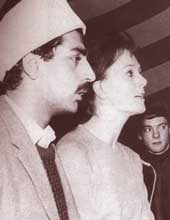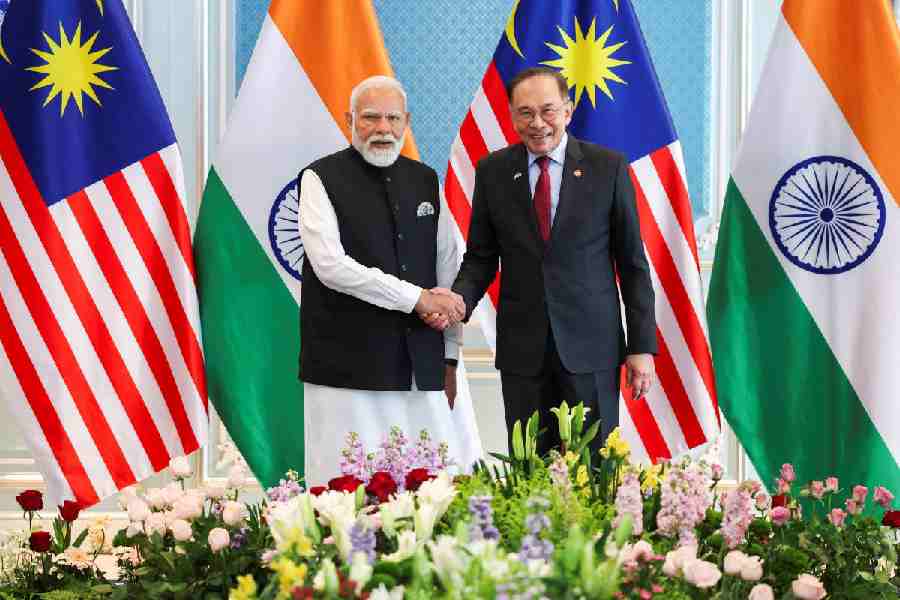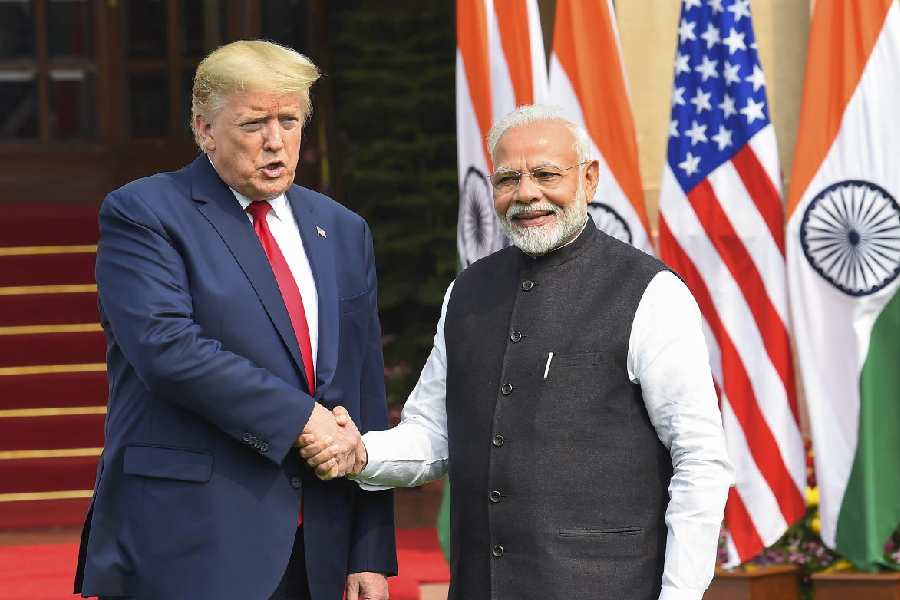Of heroes destined not to die
 |
STREET FIGHTING YEARS (Seagull, Rs 525) by Tariq Ali is a reissue of the 1987 classic with a new introduction and an extensive interview of John Lennon and Yoko Ono by Robin Blackburn and the author in 1971. Subtitled ‘An autobiography of the Sixties’, it captures the excitement of the author’s peregrinations across continents. As a young radical the author had been to London, Paris, Berlin, as well as Vietnam and Bolivia, participating in various uprisings for social and political causes. Along this cosmopolitan trail, Ali had encountered Malcolm X, Bertrand Russell, Marlon Brando, Henry Kissinger and Mick Jagger. Apart from hobnobing with the celebrities, Ali has been on equally familiar terms with academics like Edward Said, whom he had first met during his ‘Dorian Gray period’. Written crisply, often bristling with sarcasm, Ali combines personal memoir with political commentary and social criticism deftly. There are some excellent photographs as well.
BUTTERTEA AT SUNRISE: A YEAR IN THE BHUTAN HIMALAYA (Rupa, Rs 195) by Britta Das recounts the time the author spent in a remote village hospital in Bhutan as a physiotherapist. Part travelogue and part memoir, it offers an outsider’s view of the country often considered the magical paradise at the end of the world. The combination of natural history, wildlife, mysticism, tantric Buddhism, deplorable living conditions and a sizzling love story makes this an interesting, if not an eccentric, book.
DELHI: ANCIENT HISTORY (Social Science Press, Rs 220) edited by Upinder Singh collects several articles on the early history of the present Indian capital, as part of the ‘Readings in History’ series. Beginning with the Stone Age, the chapters cover diverse areas including late Harappan remains, the relationship between archeology and legends, the Ashokan rock edicts, the Meherauli iron pillar inscription, lal Kot and Anangpur, finally ending with “the medieval and modern history of ancient remains”. The style is predominantly academic, but quite readably so.
ARJUN (Indiana, Rs 200) by Sunil Gangopadhyay has been capably translated from the Bengali by Chitrita Banerji-Abdullah. Based on the Mahabharata, the novel tells the story of Arjun, named after the third Pandava, and his experiences in the colony of refugees who migrated from East Pakistan before the emergence of Bangladesh. Arjun has to face the traumatic consequences when his extended family becomes complicit in evils perpetrated on the other side of the border.
LADAKH (Rupa, Rs 395) by Koko Singh is part of the ‘Driving holidays in the Himalayas’ series. This is the Indian answer to the ‘Lonely Planet’ and the ‘Rough Guides’ series popular across the globe. It is not only a fairly exhaustive guidebook which includes practical information regarding accomodation, food, expenses and planning, but also an enjoyable travelogue having a life of its own.This book, replete with beautiful photographs and useful maps, is highly recommended.
 |
GULAB BAI: THE QUEEN OF NAUTANKI THEATRE (Penguin, Rs 295) by Deepti Priya Mehrotra resurrects ‘Nautanki’, a popular form of entertainment in North India, now nearly extinct, through the biography of one of its brightest stars. Gulab, reputedly the first female actor in Nautanki, started at 12 in 1931. Following her meteoric rise, she went on to establish the Great Gulab Theatre Company but died disillusioned by the decline of the form she had devoted her life to. This is as much a history of a dying art as of its forgotten star.











